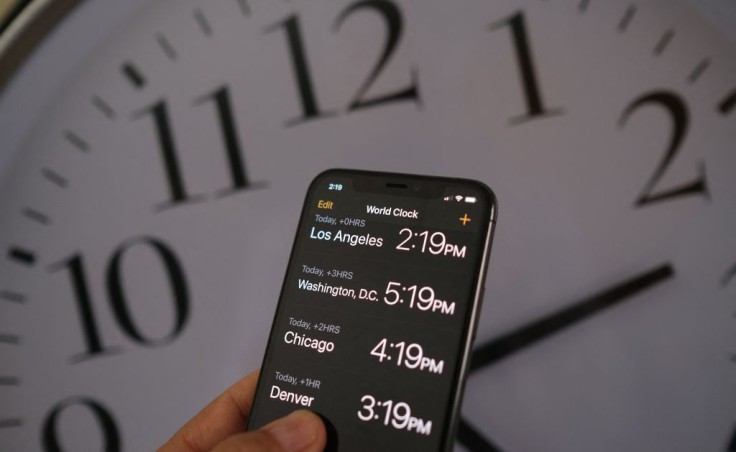
American senators have unanimously voted to adopt daylight saving time permanently to allow more economic activity, to give school children more time outdoors, or to let kids go home from school while the sun is still out.
According to Reuters, many states apparently support ending the bi-yearly time shifts by permanently springing time forward by March 2023. Apparently, it's taking a toll on many people when the time is adjusted one hour ahead in the spring before going back to standard time every November.
But House Speaker Nancy Pelosi didn't say if the measure, called the Sunshine Protection Act, has strong support among the representatives. The White House also hasn't made any comments on whether or not Pres. Joe Biden will agree to the permanent daylight saving time changes. He could veto the Senate bill.
Benefits of Daylight Saving Time
Sen. Mark Rubio, who is one of the co-sponsors for the Sunshine Protection Act, said that studies have highlighted the fact that crimes are lower with permanent daylight saving time in place. Studies have also revealed a "decrease in seasonal depression" compared to the standard time.
Today we passed out of the Senate my bill to make Daylight Savings Time permanent
— Marco Rubio (@marcorubio) March 15, 2022
Now it’s up to the House to help us #LockTheClock
pic.twitter.com/NneP6loZ5Q
Sen. Sheldon Whitehouse also gave his support for making daylight saving time permanent. He believes that allowing more sunlight for people to work or do their physical activities can lessen the risks of stroke and heart problems. According to Dallas News, the senator lives in New England in Rhode Island where the afternoons are a lot darker than other states in November.
"We have sunset in Rhode Island at 4:15 - 4:15!" Whitehouse remarked. "It does darken our lives in a very literal sense."
Proponents of the bill also pointed out that people prefer to go to parks, gas and retail stores during the daytime. Thus, industries providing these essential services may help boost the economy.
Disadvantages of Daylight Saving Time
Meanwhile, sleep experts have never been in favor of daylight saving time for decades. Since the 1970s, when the bi-yearly time shift was approved as a law by Pres. Richard Nixon, sleep scientists have voiced their opposition for the measure.
Horacio de la Iglesia of the University of Washington professor who has done heaps of sleep studies said that daylight saving time actually triggers more seasonal depression in young children who have to start their school day in the dark. Iglesia told NBC King 5 News that springing time forward is an artificial time setting of the solar day, where the bodies are in tune with the energies of the sun. Thus, he doesn't see any sense in making daylight saving time permanent.
Dr. Angela Holliday-Bell, another sleep specialist, said that this time-shift feels like jetlag. It will be harder for the body to adjust its circadian rhythm, which dictates not just sleep hours but also waking hours and digestion.
Joseph Takahashi, a neuroscientist, also gave this proposal a thumbs down because a permanent shift will leave the body "out of sync with the natural environment."
Related Article: New Stimulus Payments: Democrats Propose Quarterly Checks Rollout Amid Gas Price Increase